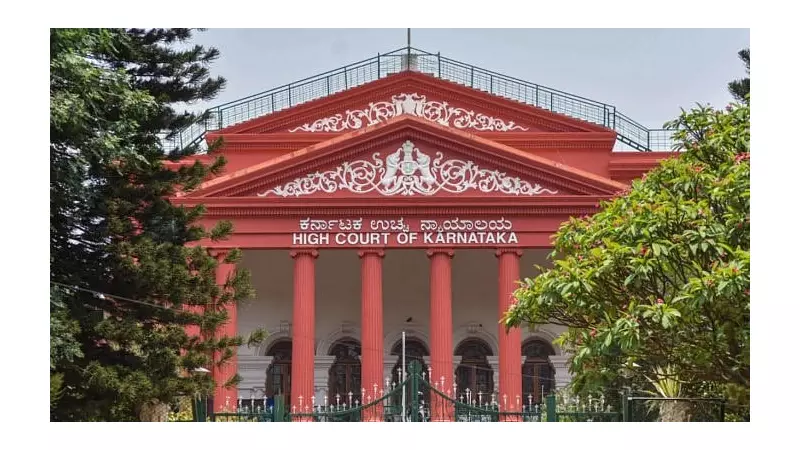
In a significant ruling that will reshape Bengaluru's real estate landscape, the Karnataka High Court has delivered a crucial verdict on building plan approvals. The court has clarified that construction projects must adhere to building regulations and bylaws that are in force at the time of approval, not when the application was initially submitted.
The Landmark Judgment
The bench comprising Justice S. Sunil Dutt Yadav pronounced this judgment while addressing a petition filed by a real estate developer. The case revolved around whether building plans should follow rules existing at the application stage or those applicable when authorities finally sanction the project.
The court unequivocally stated: "The law applicable as on the date of grant of approval is required to be taken into consideration and not the law that was in force as on the date of making of the application."
Implications for Bengaluru's Real Estate
This ruling carries profound implications for the city's booming construction sector:
- Developers can no longer rely on outdated regulations if approval processes extend over months or years
- Construction projects must continuously adapt to evolving building codes and safety standards
- Municipal authorities gain stronger enforcement power over compliance with current laws
- Homebuyers benefit from enhanced protection through updated construction standards
Broader Impact on Urban Development
The judgment emphasizes that urban development must align with contemporary requirements for safety, environmental considerations, and urban planning objectives. This prevents developers from circumventing newer, potentially stricter regulations through delayed approval processes.
Legal experts suggest this ruling will particularly impact large-scale projects in Bengaluru, where approval timelines often extend significantly. Developers will need to factor in potential regulatory changes during the approval period, potentially affecting project timelines and costs.
The court's decision reinforces the dynamic nature of urban governance and ensures that building practices evolve alongside the city's growing infrastructure needs and safety standards.





